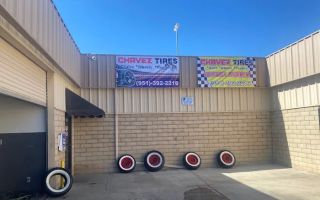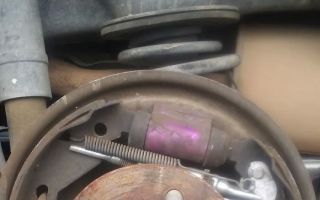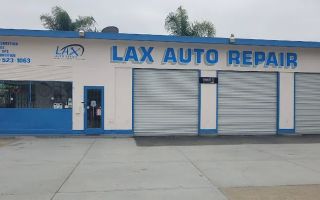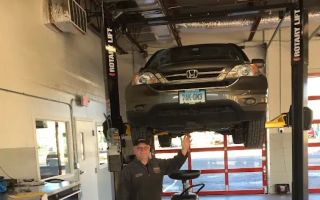- Understanding the Risks of Winter Weather on the Road
- Maintaining Your Vehicle for Winter Conditions
- Preparing for Emergencies in Winter Weather
- Practical Tips to Avoid Roadside Assistance in Winter Weather
- Products to Help You Prepare for Winter Driving
Understanding the Risks of Winter Weather on the Road
Winter weather can be incredibly unpredictable and dangerous, with snow, ice, and freezing temperatures causing hazards for drivers. During these conditions, vehicles are more likely to break down, become stuck, or lose traction, leading to a higher likelihood of requiring roadside assistance. It's crucial to understand the risks posed by winter weather, such as slick roads, low visibility, and mechanical failures due to cold temperatures. By preparing in advance, you can avoid the stress and inconvenience of needing roadside assistance in these challenging conditions.
Maintaining Your Vehicle for Winter Conditions
Proper vehicle maintenance is one of the most effective ways to avoid needing roadside assistance during winter. Before the cold weather sets in, ensure your car is in top shape for the season:
- Check the Battery: Cold temperatures can drain a battery quickly. Test your battery and replace it if necessary to avoid breakdowns.
- Inspect Tires: Winter tires provide better traction in snow and ice. Ensure your tires have adequate tread and are properly inflated to handle slippery roads.
- Change the Oil: Regular oil changes are important for your vehicle’s performance. In winter, using a winter-grade oil can ensure smoother engine operation in cold weather.
- Check Fluids: Ensure your coolant, brake, and windshield wiper fluids are topped up. It's also a good idea to add antifreeze to your windshield washer fluid to prevent freezing.
Preparing for Emergencies in Winter Weather
Even with proper vehicle maintenance, emergencies can still happen on the road, especially in harsh winter weather. Being prepared is key to minimizing the impact of these situations:
- Keep an Emergency Kit in Your Car: A well-stocked emergency kit should include essentials such as blankets, non-perishable snacks, water, a flashlight, a first-aid kit, and jumper cables.
- Have Roadside Assistance Coverage: While the goal is to avoid needing it, having a roadside assistance plan in place ensures you're covered in case of an emergency.
- Monitor Weather Conditions: Stay updated on weather forecasts, especially before long trips. If the weather is particularly severe, it may be best to delay travel or choose alternate routes.
Practical Tips to Avoid Roadside Assistance in Winter Weather
Here are some practical tips to help you avoid needing roadside assistance during winter weather:
- Drive Cautiously: Drive at slower speeds in snow, ice, or fog. Give yourself extra stopping distance and avoid sudden maneuvers that could cause you to lose control.
- Use Your Car’s Features: Take advantage of your car’s winter-specific features, such as heated seats, traction control, and anti-lock brakes, to improve your handling and comfort.
- Avoid Overloading Your Car: A heavy load can put extra strain on your vehicle, especially in difficult weather conditions. Only pack essentials to keep your car as light as possible.
- Check the Fuel Level: Always keep your gas tank at least half-full during winter to prevent the fuel lines from freezing and to ensure you have enough fuel in case you get stuck.
Products to Help You Prepare for Winter Driving
Preparation is key to staying safe on winter roads, and certain products can make your experience much smoother. Here are some items to help you avoid needing roadside assistance in winter:
- Portable Jump Starter: A portable jump starter can help you restart your vehicle if your battery dies in freezing temperatures, preventing the need for a tow truck.
- Winter Car Emergency Kit: Ready-made kits designed for winter conditions, including blankets, flares, tire repair kits, and more, can help you stay safe in emergencies.
- Tire Chains: Tire chains can be a lifesaver if you’re driving in deep snow or ice, providing the extra traction needed to safely navigate hazardous roads.




























